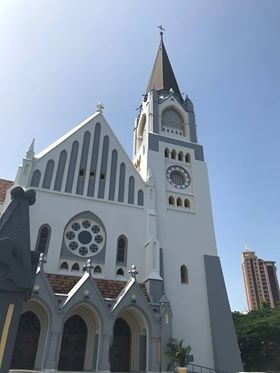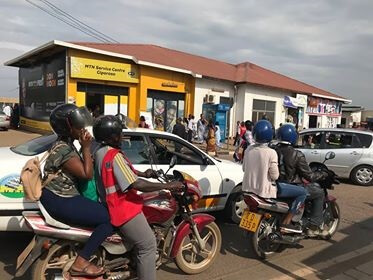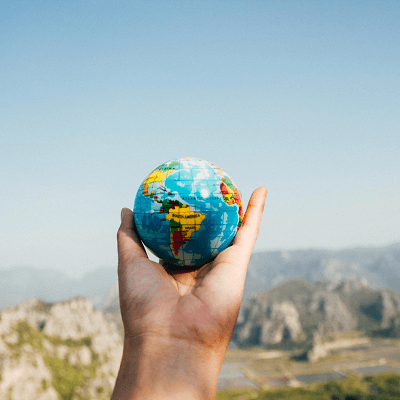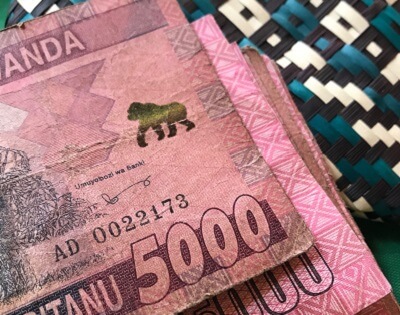The rich, the powerful & the people
2019-02-06 | Botswana, Kenya, Malawi, Rwanda, Tanzania, Uganda | No Comments


What I have realised during my journey is how much religion and, in most countries, also tribes influence everything. Which religion you belong to, which tribe you are a part of influences you everyday life, what school you go to, which job you get, who you can do business with, who you marry, who you vote for.
If you belong to the majority religion and/or tribe you will be better off in many countries. This means it is not the best qualified who gets the job og gets elected, it might not even be the best qualified within your tribe – it all depends on connections and where you belong.
It is also well known that corruption is widespread. Some are trying to fight it, but it is difficult to get rid of and changes are slow.
On top of this people are ready to give all their money to the churches instead of paying for their children’s education, they are ready to pray instead or in addition of relying on doctors to cure diseases. Many people are poor, but they are still willing to give their last dime to their priest.

I’ve seen many beautiful buildings while travelling but it is churches, schools and public buildings not peoples houses. Many houses are old, worn down and especially rural areas huts. Think about the amount of money the churches receive from people who could be spending them on improving their own lives.
Especially Pentecostal churches (in Danish ‘Pinsebevægelsen’) is growing in numbers, receiving enormous amounts of money from their followers. So, the priests get rich. Some of them have private jets, big mansions, expensive cars – some of them are con artists and people still donate money to them. People are convinced that god will take care of them if they keep praying and believe enough.
Supported by christian missionaries some priests preach people should get many children – even though they cannot support them or pay their education (education is not free in most countries). The churches are also against contraception and family planning – supported by donator countries like the US, who has a policy of not supporting organisations where abortion is included as a possibility when they are advising families.
This means HIV infected and the population is growing in number in countries where contraception’s are not promoted. The infrastructure, educational system and the labour market cannot keep up with the growth of the population – many young people gets a college degree but there are no jobs for them. Unemployment rates are high amongst the youth, so many would of cause want to travel abroad to find a proper job. And climate changes are not doing anything good either. It seems like being so religious work against solving a lot of the problems here. The African countries have not been christian for a long time – only a few hundred years. I’m wondering if that’s the reason they are so conservative and extremely religious. And maybe their belief will loosen in the coming generations, I don’t know. The question is whether or not it will be in time for them to be able to solve the challenges they face, and where their belief stands in the way of the best solutions.




